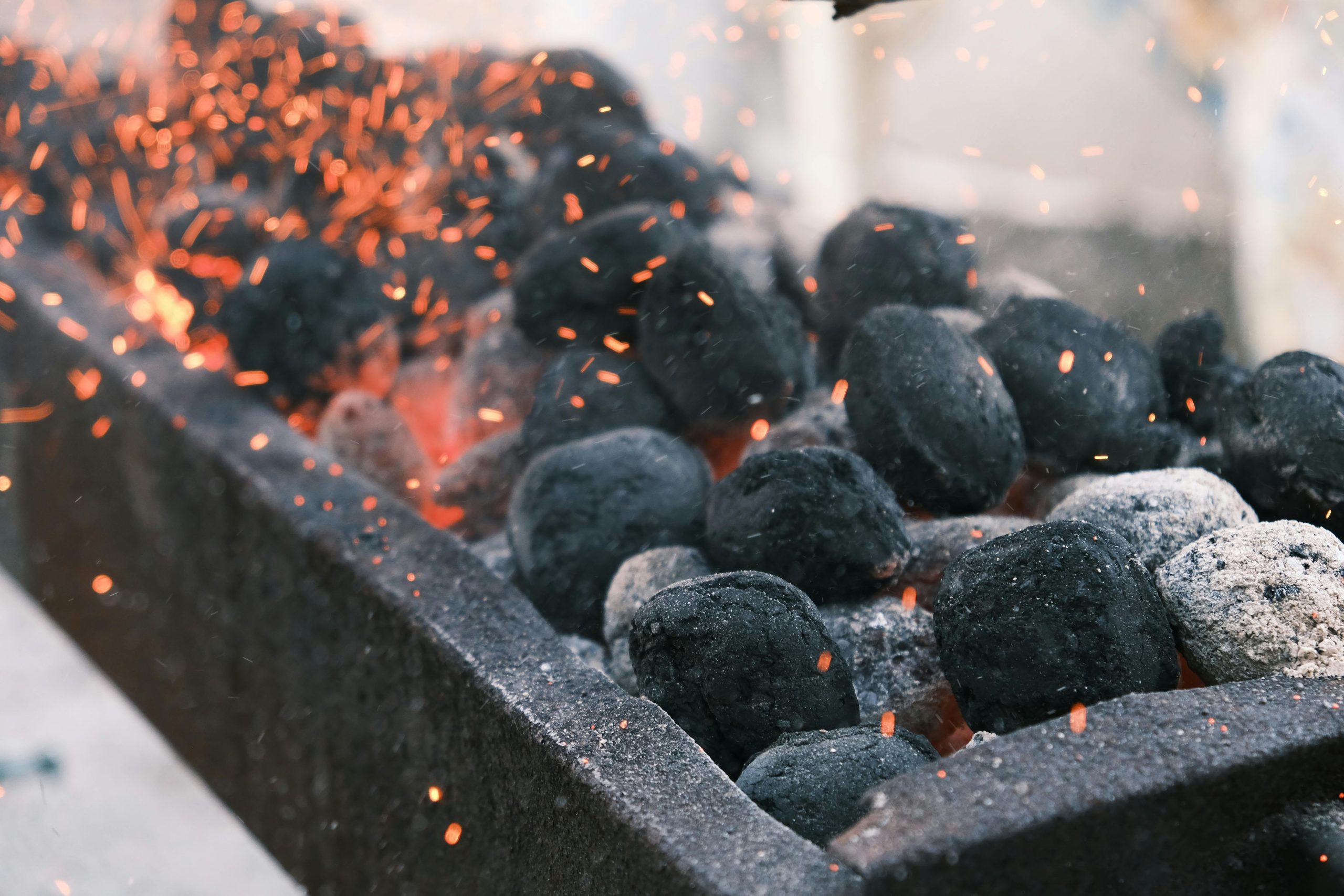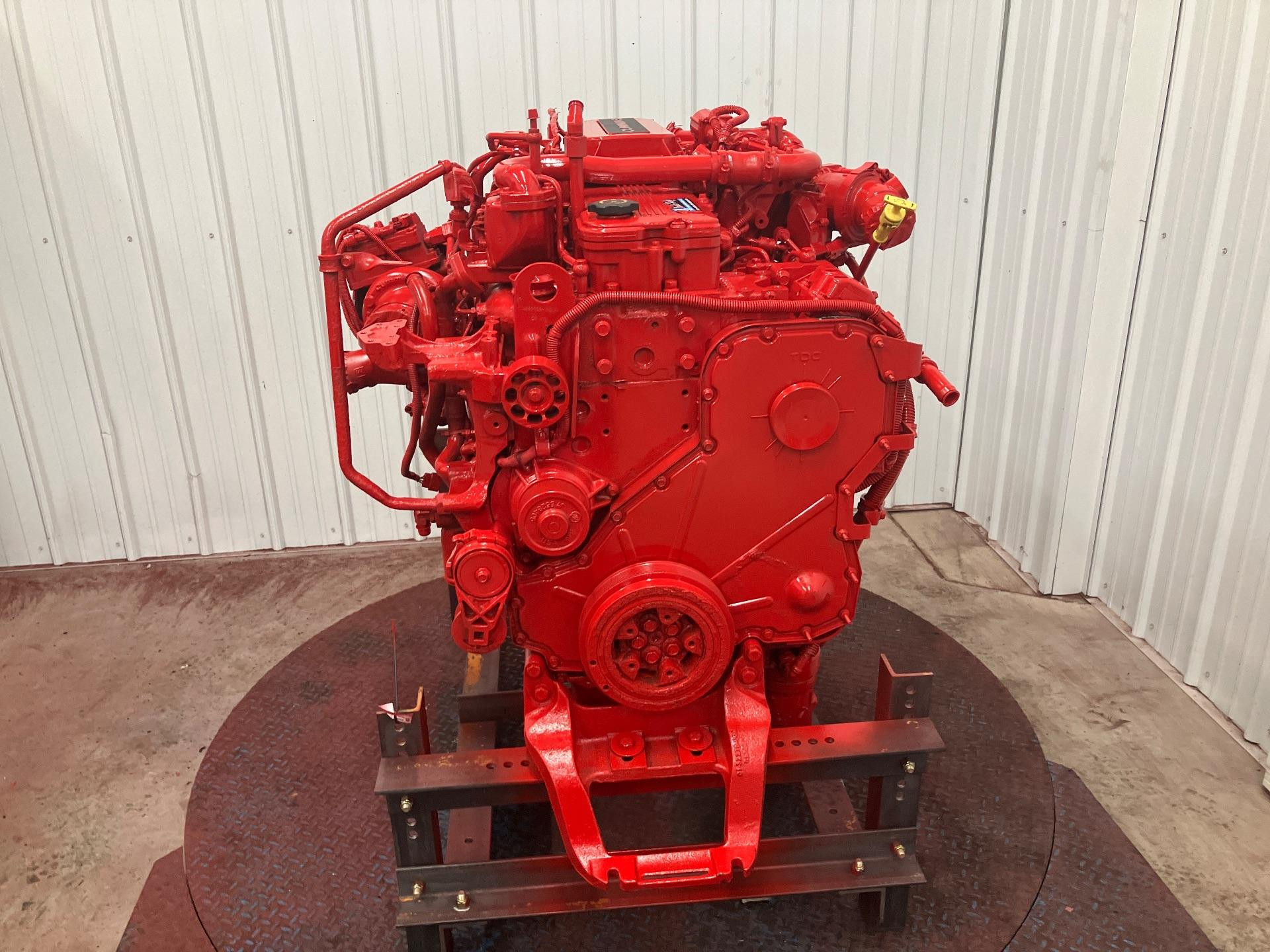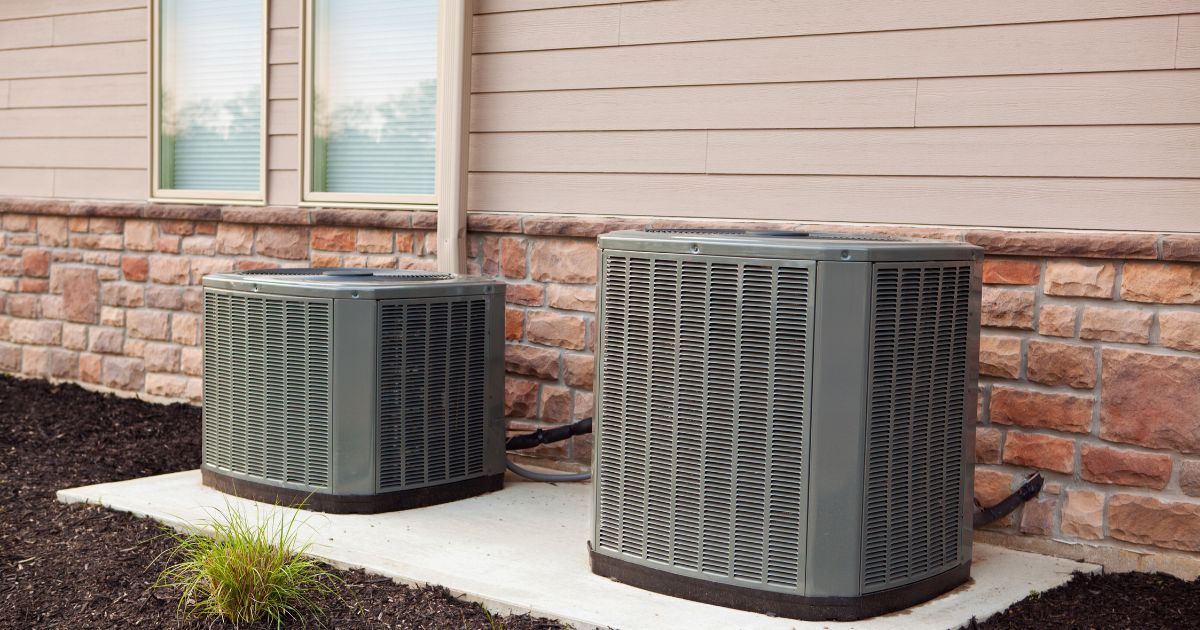Charcoal has long been celebrated as a go-to fuel source for outdoor cooking and home heating. Whether you’re firing up the grill on a summer weekend or warming your home during a chilly winter evening, high-quality CHARCOAL ensures a clean, efficient burn that enhances both flavor and comfort. At Biomass Wood Pellets, we provide charcoal products tailored to meet diverse household and culinary needs. In this article, we’ll explore the many benefits of charcoal, how to choose the right type, and why it remains a top-tier fuel choice.
Why Charcoal Remains a Popular Fuel Source
Charcoal is more than just a cooking accessory. It’s a versatile, eco-friendly, and efficient fuel used for both grilling and home heating. Thanks to its high carbon content and low moisture, charcoal burns hotter and longer than many traditional firewood options. Here’s why many homeowners and barbecue enthusiasts prefer it:
1. High Energy Efficiency
Charcoal’s dense carbon makeup enables it to burn at temperatures between 600°F and 1100°F, making it ideal for searing meats and slow-cooking roasts. For heating, this high combustion rate means rooms warm faster and retain heat longer.
2. Clean Burning
Unlike raw wood, quality charcoal produces minimal smoke and ash. This results in less cleanup and a more environmentally friendly footprint—especially when sourced from sustainable materials like those at Biomass Wood Pellets.
3. Consistent Performance
Consistency is key when grilling or heating. High-quality charcoal lights quickly and maintains a steady burn, which is crucial whether you’re cooking or heating your home during a power outage.
Types of Charcoal and Their Uses
There are various types of charcoal available, each with specific benefits depending on your needs. Understanding the differences can help you make the best choice for your setup.
Lump Charcoal
Made by burning hardwood without oxygen, lump charcoal is the most natural form. It lights fast, burns clean, and produces intense heat—ideal for grilling steaks or vegetables. Its irregular shape allows for variable airflow, which experienced grillers often prefer.
Charcoal Briquettes
Manufactured by compressing charcoal dust and binders, briquettes offer uniformity and longer burn times. They are better suited for extended cooking sessions or steady home heating. Some briquettes include additives to enhance performance, but be cautious to choose all-natural options for food-safe grilling.
Hardwood Charcoal
A premium version of lump charcoal, hardwood charcoal is made from specific wood types like oak, hickory, or maple. It adds a smoky flavor to food, enhancing the barbecue experience. Perfect for smoking meats and gourmet grilling.
How to Choose High-Quality Charcoal
Not all charcoal is created equal. To ensure you’re getting the best burn and value, consider the following qualities when purchasing:
- Purity: Look for charcoal with no fillers, additives, or synthetic binders. This ensures a cleaner burn and better taste for food.
- Source Material: Sustainably harvested hardwoods are the most environmentally responsible and produce higher-quality charcoal.
- Moisture Content: Low moisture content allows for quick ignition and less smoke.
- Ash Residue: High-quality charcoal leaves behind minimal ash, making post-use cleanup simple.
At Biomass Wood Pellets, our charcoal products are rigorously tested for purity, performance, and environmental sustainability. Whether you’re preparing for a barbecue or stocking up for winter, we’ve got you covered.
The Environmental Benefits of Charcoal
Modern charcoal production techniques have come a long way. When produced using sustainable forestry and pyrolysis (low-oxygen combustion), charcoal becomes a more environmentally conscious choice.
Carbon Neutrality
Charcoal from renewable sources can be nearly carbon-neutral. Trees absorb carbon during their lifetime, which offsets the emissions released during charcoal burning.
Reduced Deforestation
When you purchase charcoal from certified sustainable sources like Biomass Wood Pellets, you’re supporting forest management practices that prevent deforestation and promote regrowth.
Lower Emissions
Compared to fossil fuels and even untreated wood, charcoal emits fewer particulates and greenhouse gases—making it better for both your health and the planet.
Safety Tips for Using Charcoal
To enjoy the full benefits of charcoal without risks, safety is essential:
- Always use charcoal in a well-ventilated area.
- Store charcoal in a dry place to prevent moisture absorption and spontaneous combustion.
- Never use lighter fluid with high-quality, all-natural charcoal—it burns cleanly on its own.
- Dispose of ashes in a metal container and allow them to cool fully before discarding.
Frequently Asked Questions (FAQs)
Q1: Can I use grilling charcoal for home heating?
Yes, but make sure it’s additive-free and all-natural. Charcoal briquettes specifically made for heating may offer longer burn times and better energy output.
Q2: How do I store charcoal to keep it fresh?
Store your charcoal in a sealed, dry container away from moisture and direct sunlight. This helps maintain its ignition properties and prevents it from absorbing water.
Q3: Is charcoal environmentally friendly?
When sourced sustainably and used correctly, charcoal can be a very eco-friendly fuel option. Look for certifications and information about the production methods to ensure you’re making a responsible choice.
Conclusion: Make the Smart Choice with Biomass Wood Pellets
High-quality charcoal is a reliable, efficient, and eco-conscious fuel source for both grilling and home heating. Whether you’re a backyard chef or someone preparing for colder months, choosing the right charcoal can make all the difference in performance and sustainability.
At Biomass Wood Pellets, we specialize in delivering premium charcoal products that meet the highest standards of quality and environmental responsibility. Don’t settle for subpar fuel—choose charcoal that enhances flavor, boosts heat efficiency, and aligns with green living.
Explore our homepage now to stay ahead in the digital world.



